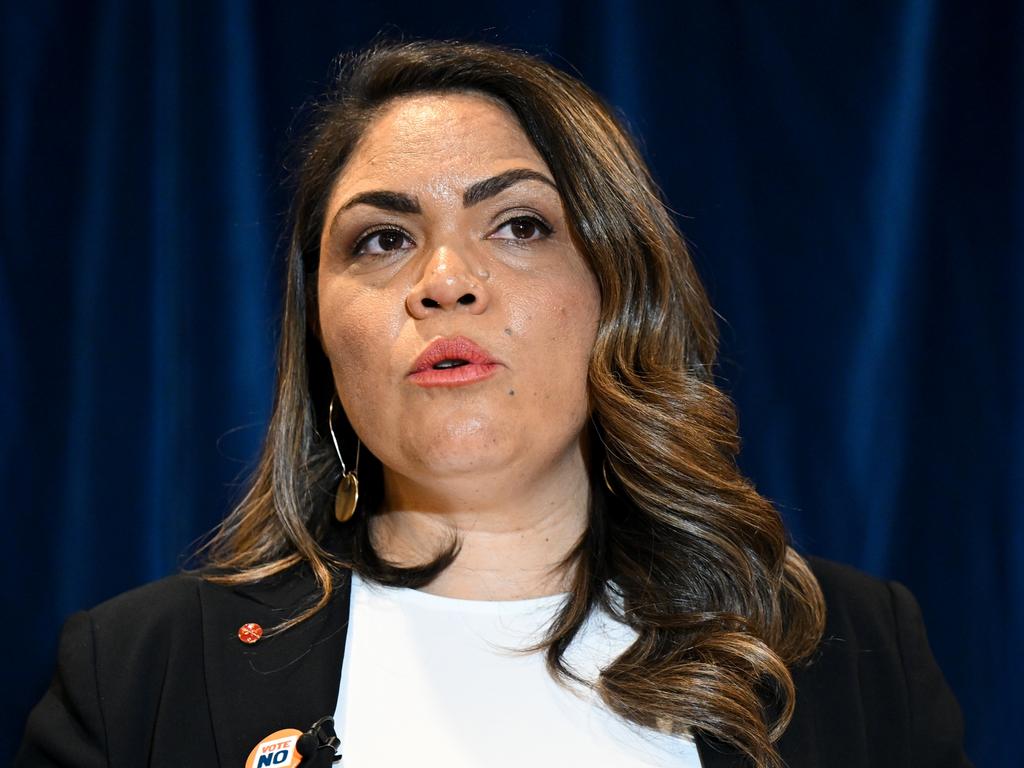Luckily Turnbull inspires boredom, not brickbats
LIKE sludge oozing from a sewer pipe, the election is slowly advancing on the electorate and while many voters are preparing to peg their noses as they vote, they aren’t reaching for the baseball bats.
With pre-poll voting opening on Tuesday, pegs are selling well but not implements which might occasion violence. The government is unlikely to get smashed on July 2 and here’s why. The Howard government was replaced in 2007 by the populist Kevin Rudd, whose campaign was reliant on the lie that Labor had changed and would adopt the Coalition’s policies, notably on stopping the boats. There was little, if any, antipathy towards prime minister Howard but Labor reprised the old Whitlam theme of time for a change, and the voters cast their votes accordingly though they had been told it would be change without real change. That proved to be a grotesque falsehood and voters quickly realised they had made a grievous error. By 2013, after the farcical experience of prime minister Julia Gillard, supported by the Greens and independent Rob Oakeshott and his ally, Tony Windsor, united in their betrayal of their conservative electorates, the voters were incandescent and delivered Tony Abbott a historic victory. The general lack of interest in this election, exacerbated by its tedious campaign, has removed that level of hostility. The Coalition has not been in power long enough to give “time for change” any currency, nor has it enraged the electorate to the degree that Rudd-Gillard-Rudd achieved. Though there is a chasm of difference between the major parties on the fundamental question of which direction they would take Australia, the lacklustre nature of the respective leaders’ campaign presentations so far has only added support to the myriad independent candidates who are riding a wave of discontent over local issues. In NSW, the forced council amalgamations by the Liberal Baird government will have traction in some seats, the granting of mining licences in prime agricultural areas will bite in others. In Victoria, a backlash against the socialist Andrews government’s moves to deliver the volunteer CFA to the union-controlled firefighters should affect votes in rural areas. The downturn in mining in Western Australia, which has caused the Liberal Barnett government to scale back its projections, will probably affect the Coalition vote. Nick Xenophon’s eponymous party’s candidates will undoubtedly enjoy the fruits of his retrogressive protectionist economic policies in South Australia and, ignoring globalisation, South Australians will vote for more handouts, ensuring they remain a drain on the rest of the nation. Similarly, Tasmanians will succumb to Jacqui Lambie’s siren song for greater welfare, bigger government, as, too, will supporters of Glenn Lazarus and Pauline Hanson in Queensland. This incoherence points to a dismal outcome for the Senate. If a fraction of the fringe candidates get up, it will make the Mos Eisley Star Wars bar look like a suburban McDonalds. With 20 days to the actual poll, the phony war has to end. Labor is in deep trouble over its failure to develop any coherency in its economic policies. In endeavouring to give everyone something, it has failed to provide anyone with a sense that it understands how an economy works. In backtracking on its promises, it has been flushed out. Having obstructed key savings measures for three years, it now says it might be prepared to accept some of these critical policies to bring the budget back on track. There is a word for those who waste time and opportunity, also beginning with “w”, and it fits the Labor team to a “t”. Now, the new, more Left-aligned Labor wants to punish workers who aren’t in the public sector, ignoring the fact it is the private-sector jobs which create real income for the government, the income that pays for the public-sector jobs. The ABC’s 7.30 host Leigh Sales demonstrated her inability to grasp this basic fact last week when she pressed Prime Minister Malcolm Turnbull to detail “in practical terms” what would be delivered to a household where “dad’s a policeman and mum’s a teacher?” The bottom line, of course, is that without a strong economy with plenty of people in private-sector jobs, no states could afford to employ, let alone pay, policemen or teachers, or for that matter the ABC’s bloated and overpaid staff. The government doesn’t have money. It takes money from the private sector and pays its employees from the revenue it collects. Mr Turnbull offers a pathway to economic growth and a consequent increase in the number of jobs available for future generations, and the services that increased tax revenues would fund. Opposition leader Bill Shorten has said he would run the nation like he ran his trade union, the AWU, and he would saddle those future generations of Australians with a debt so large he is unable to calculate its magnitude and he says this is only fair. Turnbull’s Coalition team would be a shoo-in if these were the only considerations but they are not. Among conservatives, there is nagging unease about Turnbull’s commitment to core Liberal policies. At the start of this campaign, he strongly supported Immigration Minister Peter Dutton’s stance on border protection, stepping up to address the doubts about his position on offshore detention and boat turnbacks. Turnbull last Thursday strongly attacked the lawlessness of the reprehensible rogue trade union, the CFMEU. Labor is still protecting those who reject the rule of law in the construction industry. To encourage his base supporters, Turnbull should show the same commitment to core policies to demonstrate he is as resolute as predecessors John Howard and Tony Abbott.






